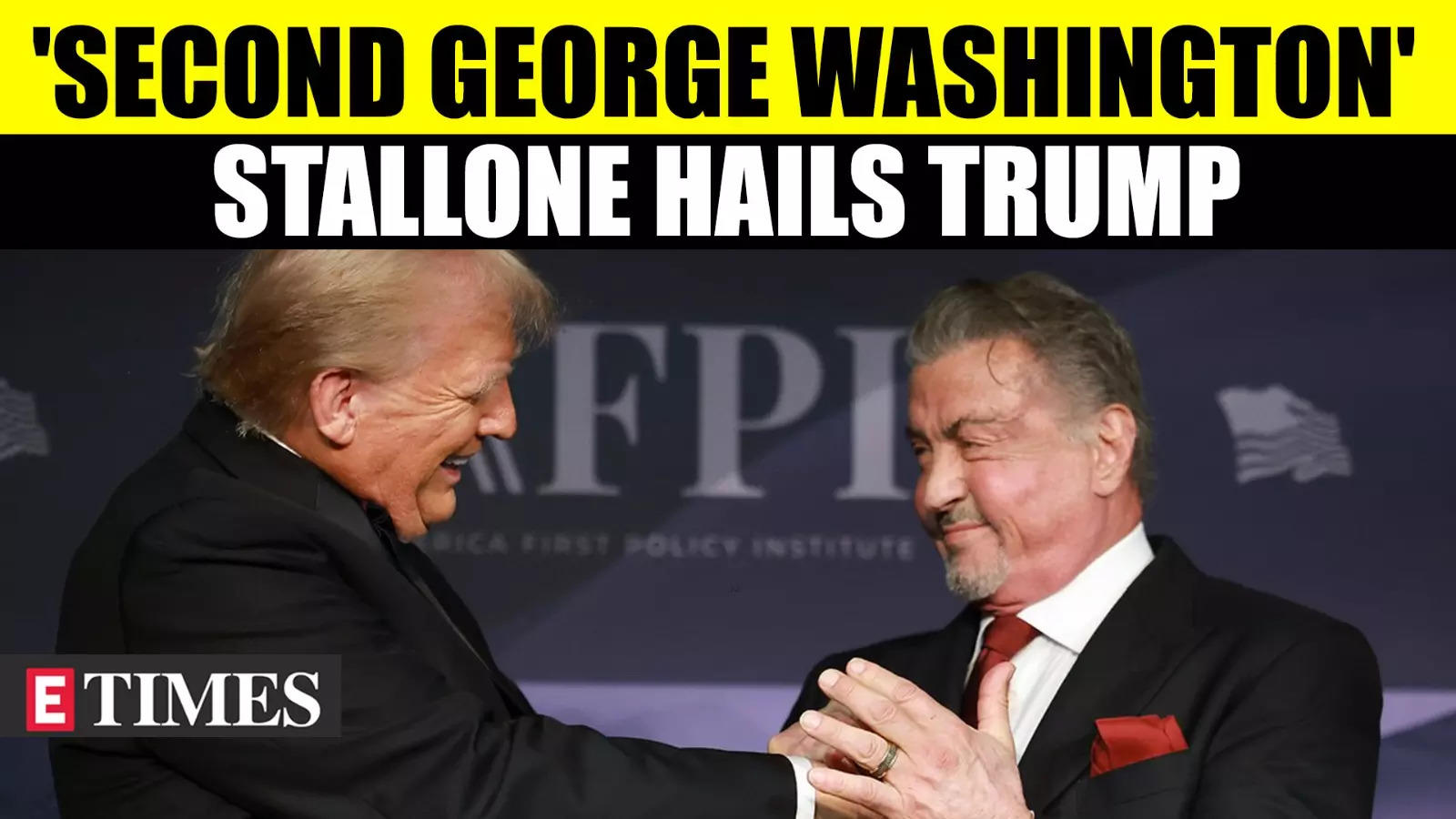Universal Music Group, which represents artists including Taylor Swift, Drake, Adele, Bad Bunny and Billie Eilish, says that it will no longer allow its music on TikTok now that a licensing deal between the two parties has expired.
UMG said it had not agreed to terms of a new deal with TikTok, and plans to stop licensing content from the artists it represents on the social media platform that is owned by ByteDance, as well as TikTok Music services.
The licensing agreement between UMG and TikTok is expired as of Wednesday.
In a Tuesday letter addressed to artists and songwriters, UMG said it had been pressing TikTok on three issues: “appropriate compensation for our artists and songwriters, protecting human artists from the harmful effects of AI, and online safety for TikTok’s users.”
Our core mission is simple: to help our artists & songwriters attain their greatest creative and commercial potential, which is why we must call time out on TikTok.<br><br>Learn More: <a href=”https://t.co/yJDQ7FdgNc”>https://t.co/yJDQ7FdgNc</a> <a href=”https://t.co/Lhluz1ez5H”>pic.twitter.com/Lhluz1ez5H</a>
—@UMG
UMG said TikTok proposed paying its artists and songwriters at a rate that’s a fraction of what other major social platforms pay, adding that TikTok makes up only about one per cent of its total revenue.
“Ultimately TikTok is trying to build a music-based business, without paying fair value for the music,” UMG said.
TikTok pushed back against claims by UMG, saying it has reached “artist-first” agreements with every other label and publisher.
“Clearly, Universal’s self-serving actions are not in the best interests of artists, songwriters and fans,” TikTok said.
Concerns stretch beyond compensation
Yet Universal Music also called new technology a potential threat to artists and said that TikTok is developing tools to enable, promote and encourage AI music creation. UMG accused the platform of “demanding a contractual right that would allow this content to massively dilute the royalty pool for human artists, in a move that is nothing short of sponsoring artist replacement by AI.”
UMG also took issue with what it described as safety issues on TikTok. UMG is unsatisfied with TikTok’s efforts to deal with what it says is hate speech, bigotry, bullying and harassment. It said that having troubling content removed from TikTok is a “monumentally cumbersome and inefficient process which equates to the digital equivalent of “Whack-a-Mole.”
Drake, Taylor Swift and others may vanish from TikTok because of a licensing dispute with the world’s biggest music label, Universal Music Group.
UMG said it proposed that TikTok take steps similar to what some of its other social media platform partners use, but that it was met with indifference at first, and then with intimidation.
“As our negotiations continued, TikTok attempted to bully us into accepting a deal worth less than the previous deal, far less than fair market value and not reflective of their exponential growth,” UMG said. “How did it try to intimidate us? By selectively removing the music of certain of our developing artists, while keeping on the platform our audience-driving global stars.”
TikTok, however, said that Universal Music is putting “their own greed above the interests of their artists and songwriters.”
Industry observer expects standoff to end quickly
The public dispute is the “most extreme standoff we’ve had in this area yet,” Jem Aswad, Variety’s executive music editor, told CBC News. He doesn’t expect the standoff to be permanent.
“I won’t say they can’t live without each other, but it is not in their interest to do so,” he said.
TikTok has become the “single most important factor for promoting many kinds of music,” he continued. “Even if music gets removed, it most likely will not be removed for long, right? It’s just kind of … a nuclear negotiating tactic, really.”
Toronto rapper Akintoye agreed that the move either wouldn’t go through or would be resolved in a few days. But he said the potential interim, without Universal’s stars on the platform, represents an opportunity for independent artists.
Akintoye (like fellow Canadian artists Connor Price, Curtis Waters and Jessia) is one of the many burgeoning musicians who have crafted careers from TikTok fame — with or without label help. That has gotten harder, he said, as music companies have become more adept at marketing their artists on the app.

TikTok has completely changed what kind of music gains popularity. In 2022, nearly three quarters of music sales were “catalogue music,” or music that was released more than 18 months prior, according to industry data partner Luminate. That comes at the expense of new music by lesser-known artists, who Akintoye believes should take advantage of what’s about to happen.
“There may or may not be — depending on when they figure it out — a small stretch where we don’t have to fight against Universal songs,” he said. That could shift the balance back towards those looking to make a name for themselves.
“People still need music, they still need sounds … So it’s going to be very interesting to see if artists adapt, if they take advantage,” Akintoye.
TikTok changes the music business
Alex Gumuchian, the Vancouver rapper better known as Bbno$, also saw the move as an opportunity. Additionally, he said it’s a reminder of how much TikTok has come to dominate the music industry and artists’ lives.
The way that music gains viral fame now is often through that app, he said, and it rewards behaviour and features beyond just creating good music.
Along with the need to perpetually post new content, what works best are songs with an odd or outlandish section that can be paired with a video — like the introductory section of his huge 2019 hit Lalala.
That’s shifted what type of music, and artists, break out.
“Sometimes it’s like, ‘Oh, you know, being an artist in this day and age is like being being a social media influencer,'” he said. “But at the same time, that’s the ball game now, so you got to play it.”







